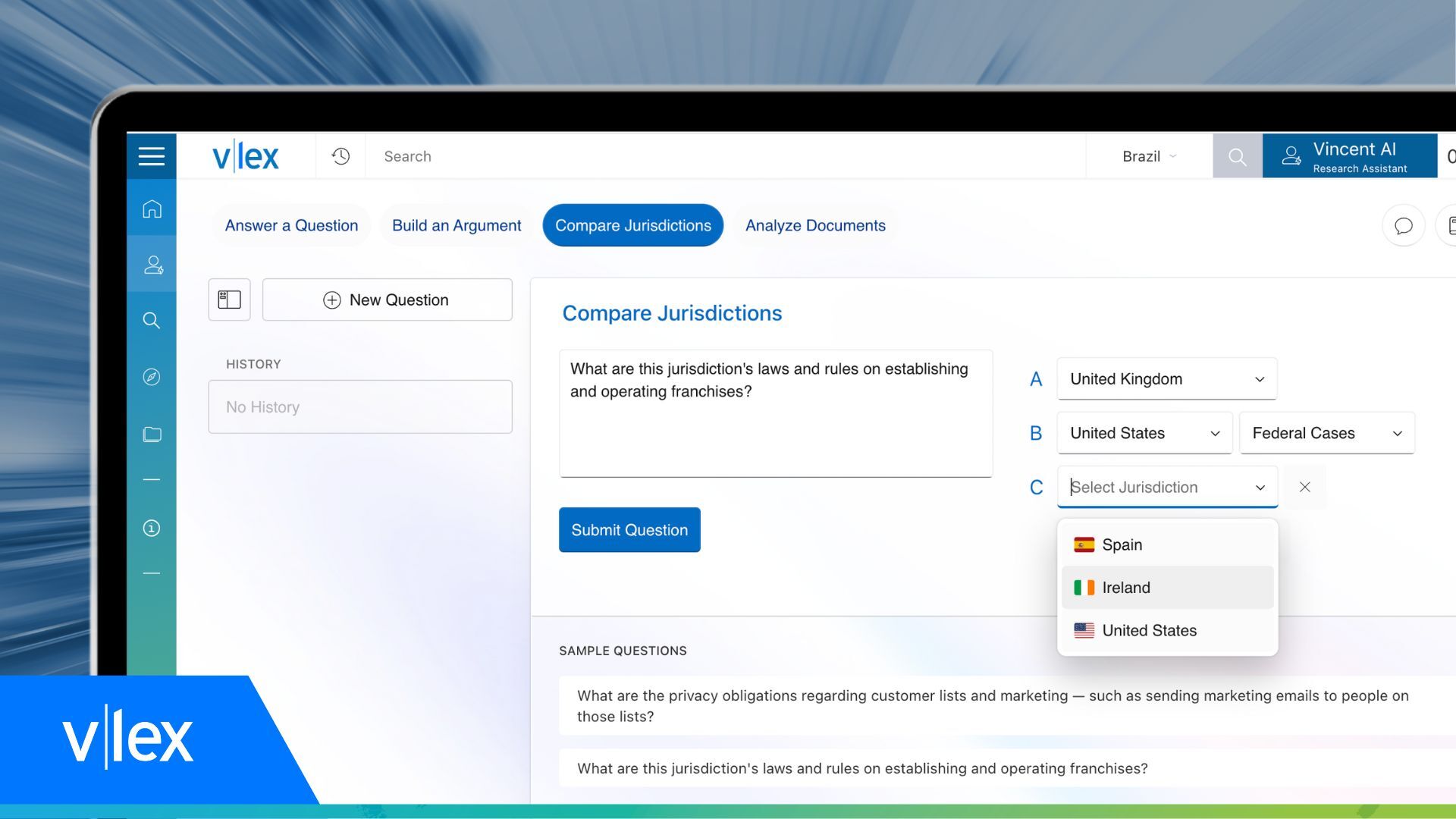Legal ed groups ask ABA for more transparency while awaiting possible changes to bar passage standard

Two legal education groups have asked that the council of the ABA Section of Legal Education and Admissions to the Bar increase transparency and collaboration in its decision-making.
A memo dated Feb. 20 from the Clinical Legal Education Association and the Society of American Law Teachers states that they’ve been “concerned by a lack of transparency” regarding decision-making “over the past several years.” The council serves as the national accrediting body for U.S. legal education.
Specifics mentioned in the memo include an assertion that there was a lack of discussion for the proposed revision for Standard 316, which calls for at least 75 percent of a law school’s graduates to pass a bar exam within two years of graduation. The proposal was rejected twice by the House of Delegates. Under ABA rules, the House can send standards revisions back to the council twice for review with or without recommendations, but the council has the final decision on matters related to law schools.
The Feb. 20 memo alleged that the council did not openly debate the proposed changes to Standard 316, or discuss the objections, following the 2017 rejection from the House of Delegates.
An additional Feb. 20 memo from SALT and CLEA, along with various ABA entities, was also sent to the council, asking that it “act with restraint in light of the serious concerns” about proposed revisions to Standard 316. Opponents of the proposed revision often have invoked concerns over diversity, while those in favor of the revision argue that the existing standard is too lax.
The council is meeting Thursday and Friday in Marina del Rey, California, and an open session agenda item includes the proposed revision to Standard 316. Barry Currier, the ABA’s managing director of accreditation and legal education, said in a statement Thursday that the recent communication from SALT and CLEA has been made available for council members.
“The process of updating and revising Standard 316 has been ongoing for several years. During that time, there have been many opportunities for written comment and for public comment at hearings,” Currier said in the statement. “The substantive comments raised in the most recent letter by SALT/CLEA have been previously offered and considered by the council.”
For a September 2018 council meeting in St. Louis, “standards matters” was listed on the open session agenda but was “skipped without explanation,” according to SALT and CLEA’s memo.
“We later learned that the item referred to the proposed changes to Standard 316 and had been moved to closed session, contributing to our impression that the council has begun to conduct much of its substantive consideration of proposed changes to the ABA Standards behind closed doors,” the memo reads. It also mentions the council’s November 2018 meeting in Atlanta, where open session lasted for about two hours and 45 minutes. Much of the session was spent on oral reports from affiliate organizations.
Besides Standard 316, the Feb. 20 memo from SALT and CLEA regarding transparency mentions a current council subcommittee reportedly working on standards review. According to the memo, the council has not directly informed affiliates about the existence or membership of the subcommittee.
The writing notes that the House of Delegates at the 2018 ABA Annual Meeting voted in favor of a reorganization plan where the council absorbed the accreditation committee and the standards review committee.
“Now that the Standards Review and Accreditation Committees have been consolidated into the council, we grow increasingly alarmed by the dramatically limited opportunities for open exchange. Open meetings of the Standards Review Committee have vanished along with the committee,” the memo states.
Collaboration, which can be difficult at times, is required for legal education, Kellye Testy, president and CEO of the Law School Admission Council, told the ABA Journal.
“While we are not in a position to comment specifically on this matter, LSAC very much believes that together, we can build a broader and more diverse group of law students and legal professionals, than any one organization can do on its own,” she wrote in an email.



